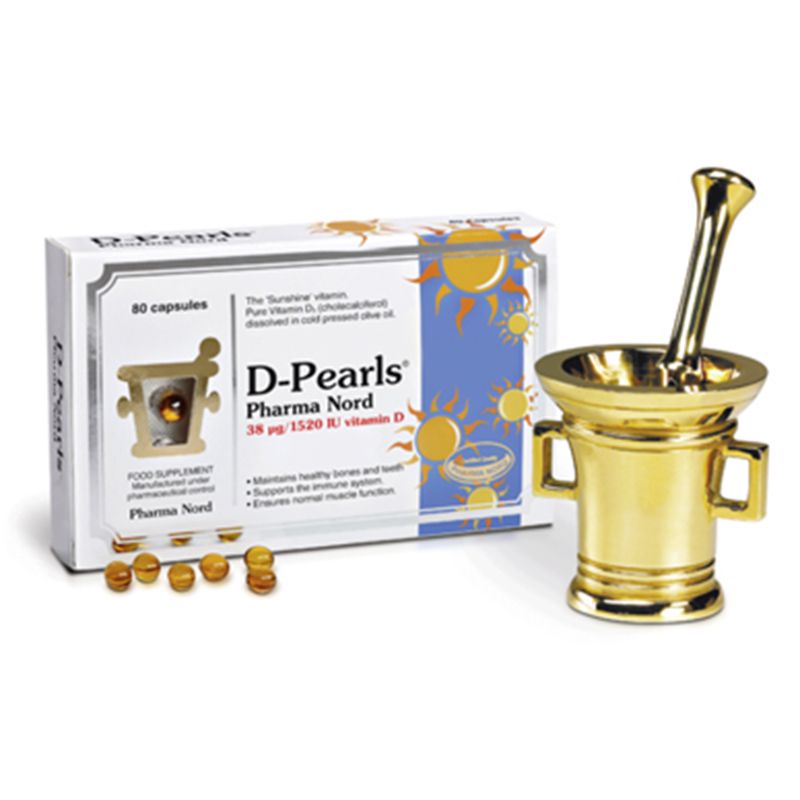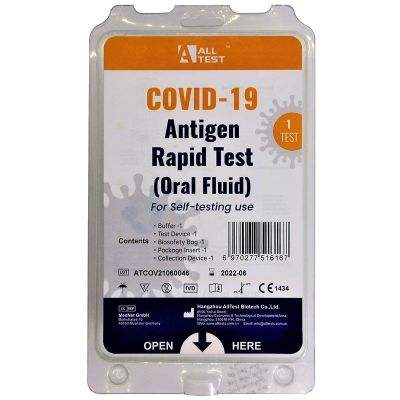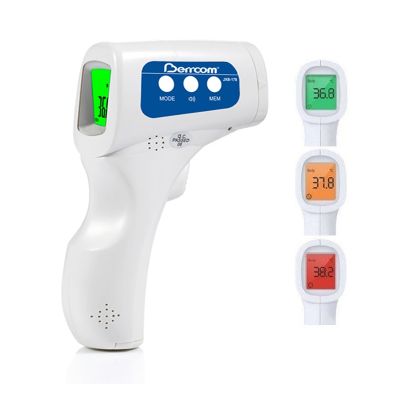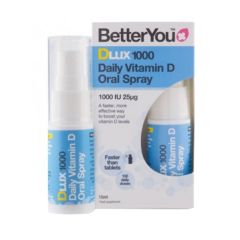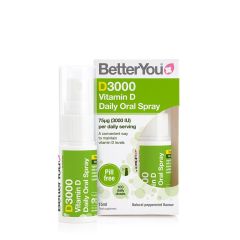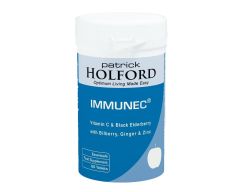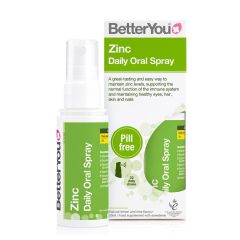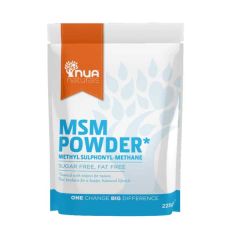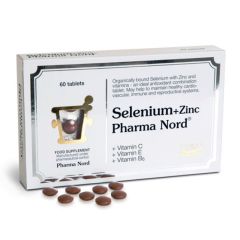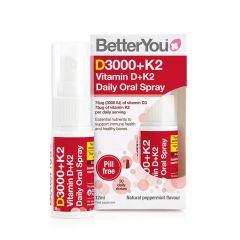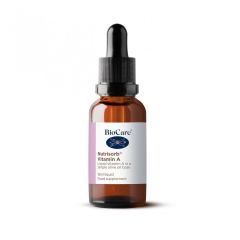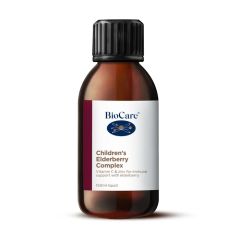D Pearls Pharma Nord 80 Capsules
- Small pearls with 38 µg (1520 IU) of vitamin D3 in cold pressed olive oil
- Ensures good bioavailability as vitamin D is fat soluble
- The gelatine is halal and kosher certified
- For bones, teeth and muscles
- Vitamin D plays a role for absorption of calcium
- Supports normal cell division
- Manufactured under Danish pharmaceutical control
| 1 capsule contains | RDA% * | ||
|---|---|---|---|
| Vitamin D3 (Cholecalciferol) | 38 µg | 760 % |
*RDA= Recommended Daily Allowance
Product Facts
|
Dosage |
|
Ingredients |
What are D-Pearls?
D-Pearls are soft gelatin capsules with 38 μg vitamin D3 in each capsule. Their size makes them easy to swallow. The vitamin D is dissolved in cold-pressed olive oil, as vitamin-D is a fat-soluble vitamin.
What is vitamin D?
Like other vitamins, vitamin D is essential. There are several kinds of vitamin-D, but the two most important forms are D2 (ergocalciferol) and D3 (cholecalciferol). Vitamin D3 is the form that is synthesized in the skin from cholesterol when we are exposed to sufficient amounts of sunlight or a similar type of UV-radiation. Vitamin D from sunlight is an effective vitamin D source but is only produced when the sun is high in the sky. In large parts of Europe, this only happens during the summer period, and therefore we can only produce sufficient levels of the vitamin this time of year.
Vitamin D2 Is only available from the diet. It is produced by certain fungi and plants when they are exposed to ultraviolet light. Both vitamin D2 and D3 require subsequent activation in the liver and kidneys in order to become biologically active. Science used to believe that both forms of vitamin D were equally effective in the body. However, depending on the measuring method used, vitamin D3 is 56-87 per cent more effective than vitamin D2 when it comes to raising blood levels of vitamin D. Moreover, D3 is stored in fat tissue more than three times as effectively as D2. *
* Heaney RP, et al. Vitamin D3 Is More Potent Than Vitamin D2 in Humans. J Clin Endocrinol Metab 2010.
Children and nursing home residents require more vitamin D than adults.
Vitamin D has an array of important functions in the body. For instance, vitamin D is:
- important for normal cell division
- helping to maintain normal bones and teeth
- contributing to a normal absorption and utilization of calcium and phosphorus
- playing a role in the body's immune system and muscle function
Good vitamin D sources
D-vitamin is found in several types of food with some of the best sources being:
- eggs
- cod liver
- oily fish
- oils
- butter
- avocado
Vitamin-D supplements are generally recommended for:
- Children aged 0 – 2 years (vitamin D as drops)
- Pregnant women
- Children and adults with dark skin
- Children and adults who wear fully covering clothes in the summer time
- People who do not spend time outdoors in the daytime or generally avoid sunlight
- Nursing home residents
- People older than 70 years
- Anyone who, regardless of their age, are at increased risk for osteoporosis
Vegans and vegetarians are advised to adhere to the official guidelines for sun exposure and possibly take a supplement of vitamin D during the winter period.
Blood levels of vitamin D can be determined by a blood test that measures the unit 25-hydroxyvitamin D (25-(OH)D) and is expressed in nmol/l. Vitamin D status is graduated in the following way:
- <12 nmol/l: Severe deficiency
- 12-25 nmol/l: Deficiency
- 25-50 nmol/l: Insufficient
- >50 nmol/l: Sufficient
- 75-150 nmol/l: Optimal level in individuals with fragile bones and kidney patients
- >ca. 200 nmol/l: Risk of overdose
|
> = greater than |
Conversion 1 nmol/l = 0,4 ng/ml |
For normal, healthy individuals there is no immediate need to measure blood levels of vitamin D. However, it is advisable for certain groups to gauge their vitamin D status.
For instance, people with a lifestyle that gives reason to believe that they could benefit from checking their status. Besides the obvious factors that limit vitamin D such as lack of sunlight and poor diet, there are more subtle causes such as the fact that some types of medicine may affect the body’s vitamin D absorption, thereby increasing the need for this particular nutrient.
| Price | €14.95 |
|---|



